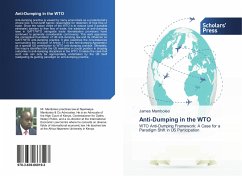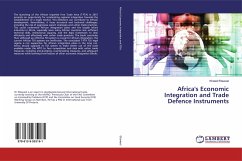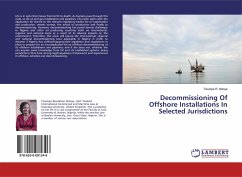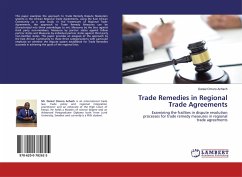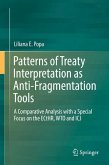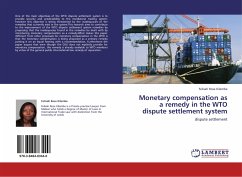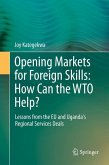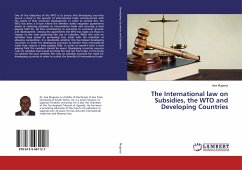Anti-dumping practice is viewed by many economists as a protectionist s choice tool: A non-tariff barrier responsible for distortion of free flow of trade. Since the raison d être of the WTO is to reduce (and if possible eliminate) barriers to free flow of trade, the existence of anti-dumping laws in GATT/WTO alongside trade liberalisation provisions have continued to generate considerable controversy. This work appraises the conceptual foundation of US anti-dumping law and its influence on GATT/WTO anti-dumping practice. It also examines the circumstances surrounding the inclusion of Article 17 in the Anti-dumping Agreement as a special US contribution to WTO anti-dumping practice. Ultimately, this inquiry identifies that the US maintains a crucial position in shaping outcomes in anti-dumping disciplines in the WTO. It makes the case that such role can only be appropriately undertaken by the US itself readjusting its guiding paradigm on anti-dumping practice.
Bitte wählen Sie Ihr Anliegen aus.
Rechnungen
Retourenschein anfordern
Bestellstatus
Storno

